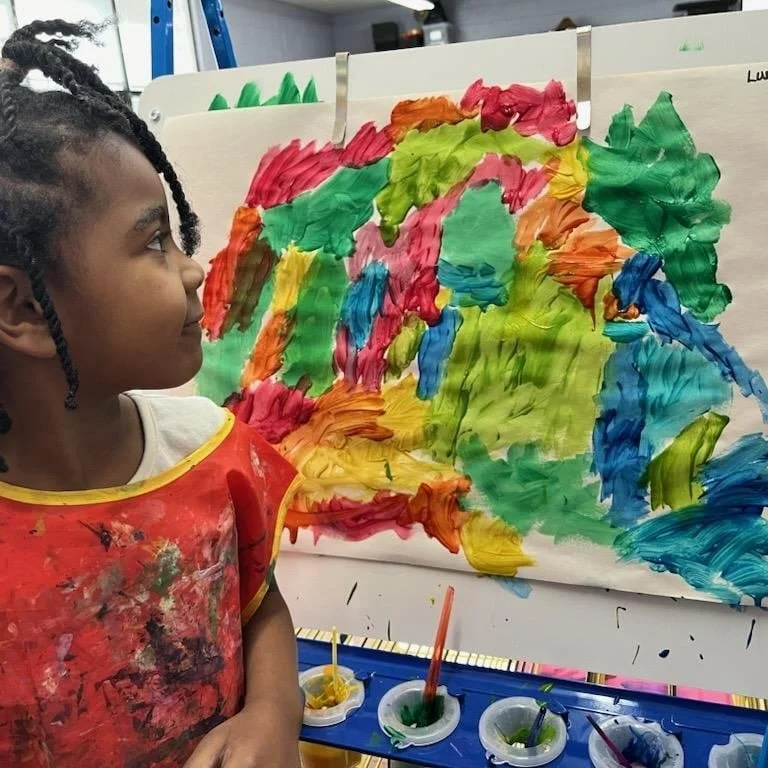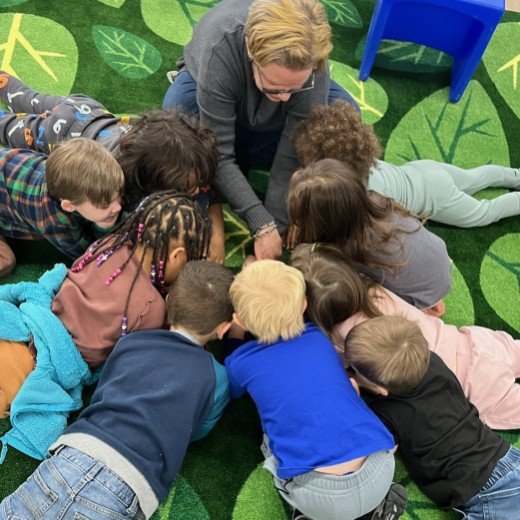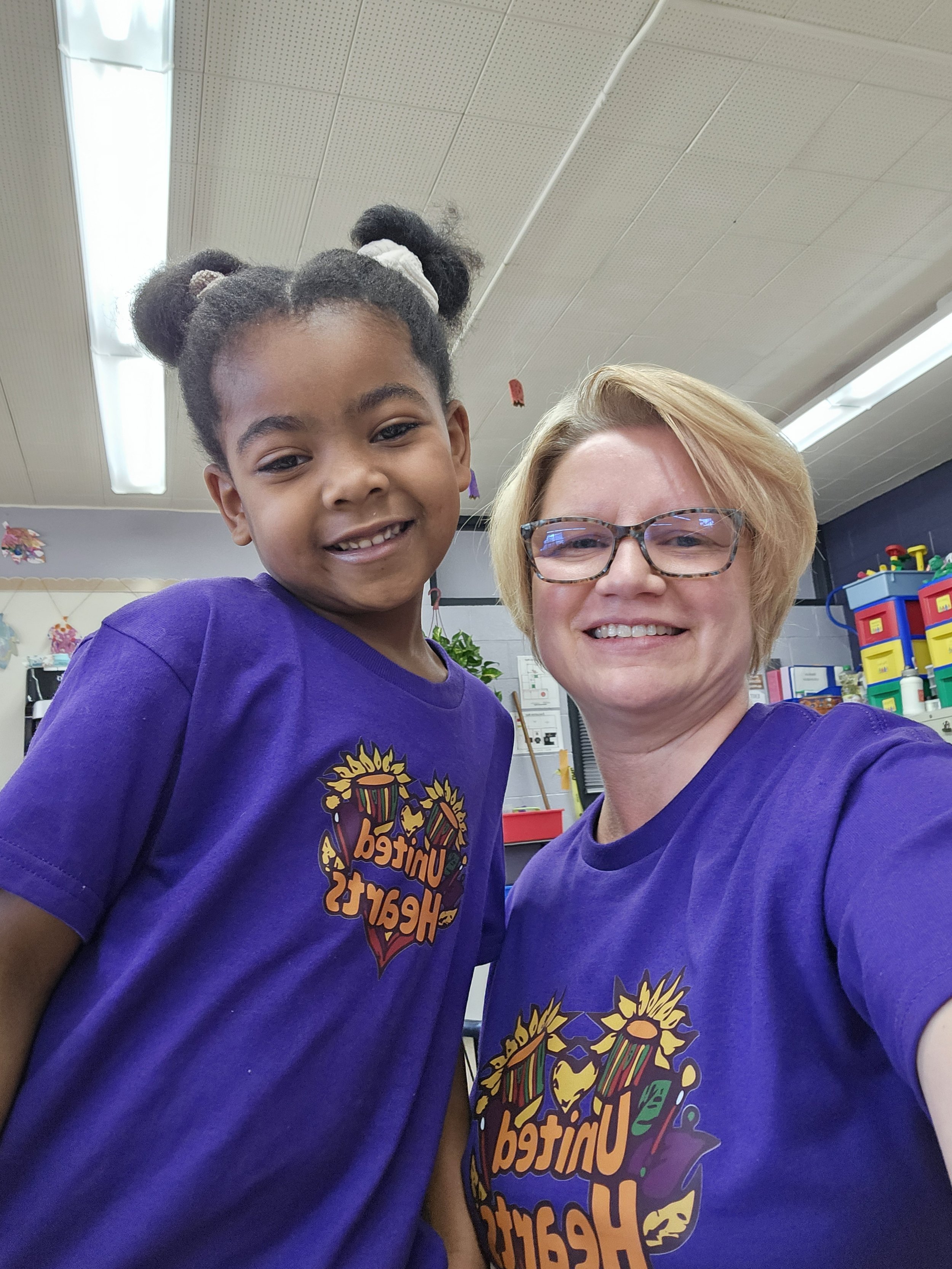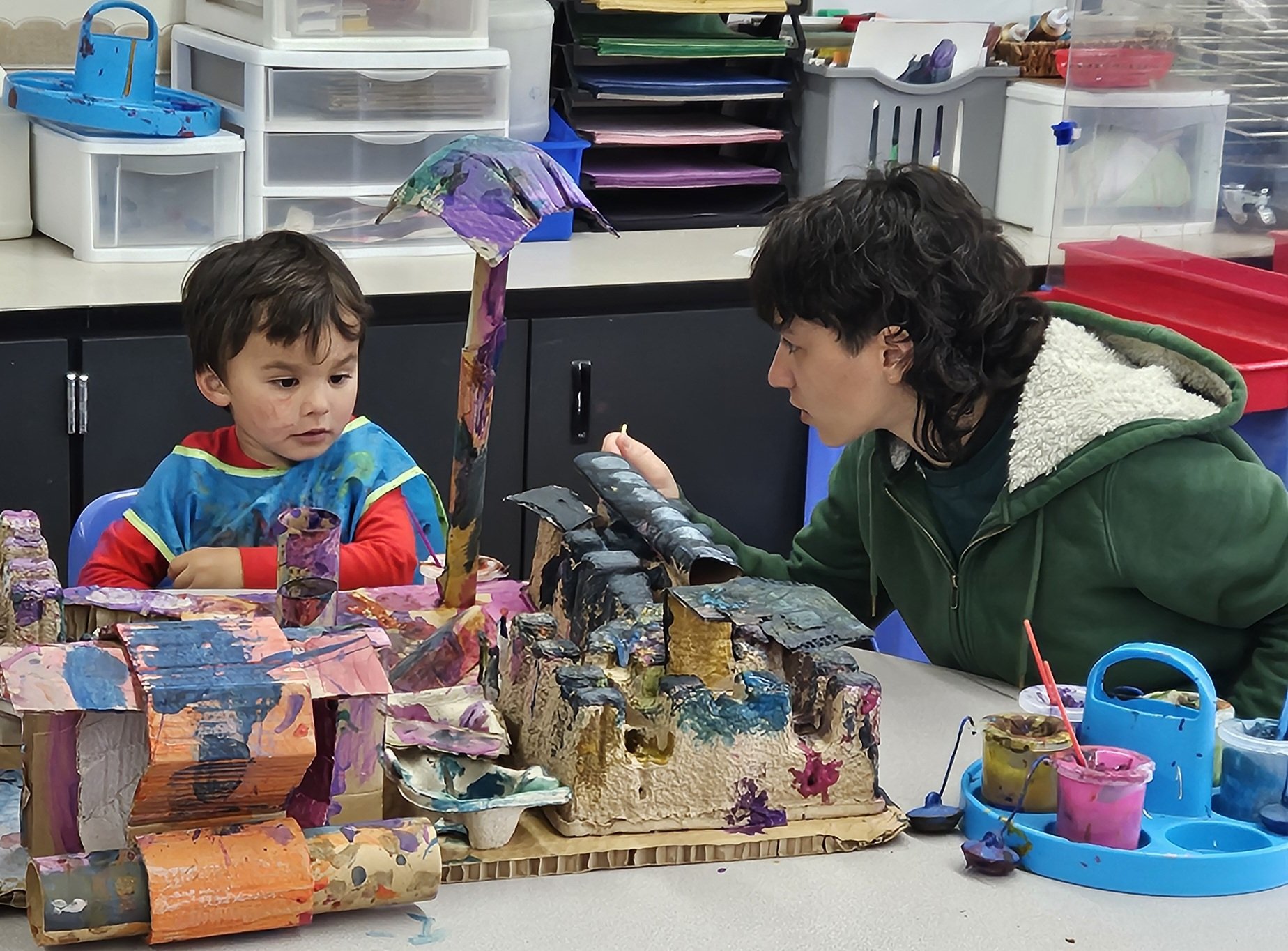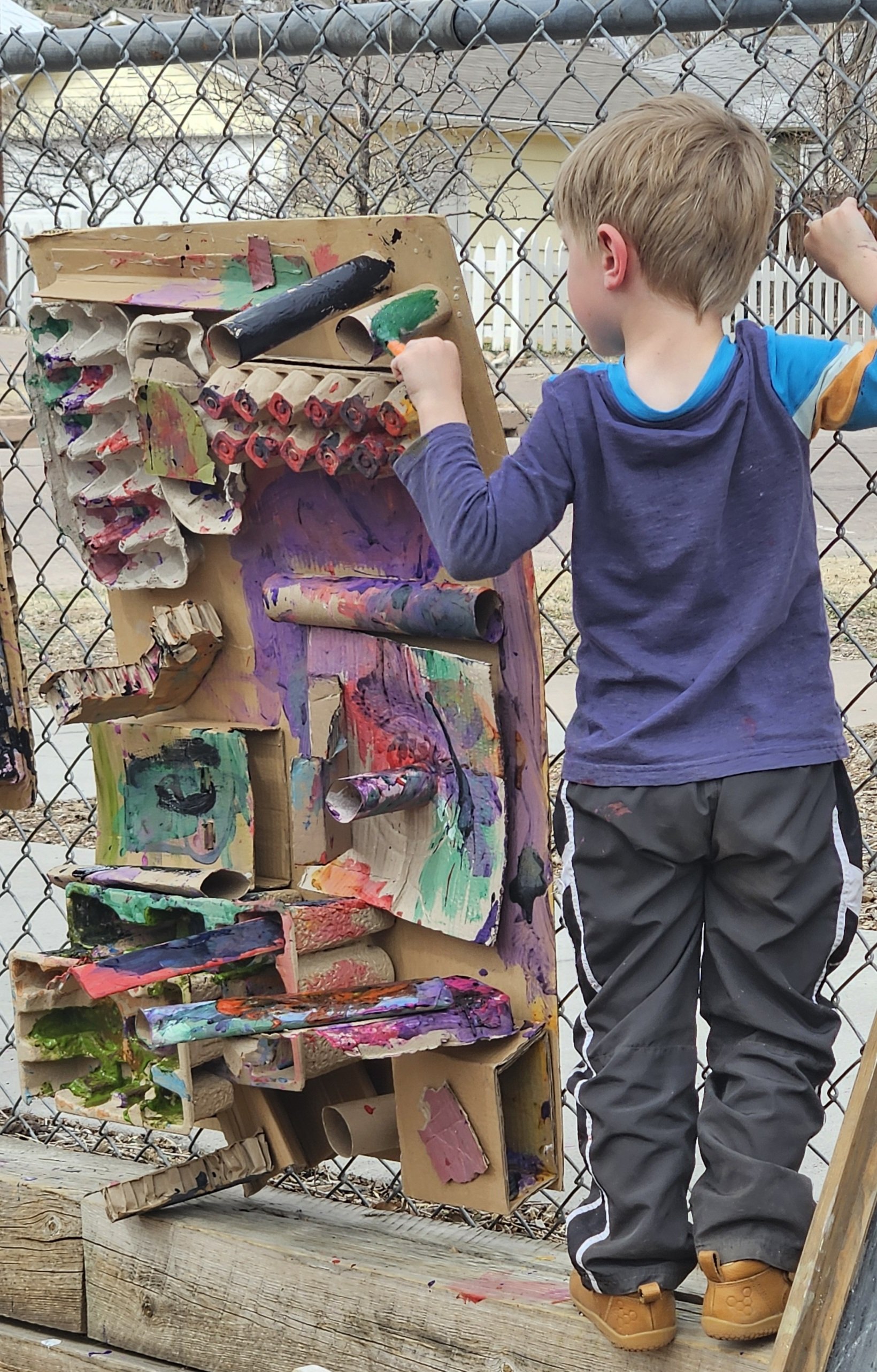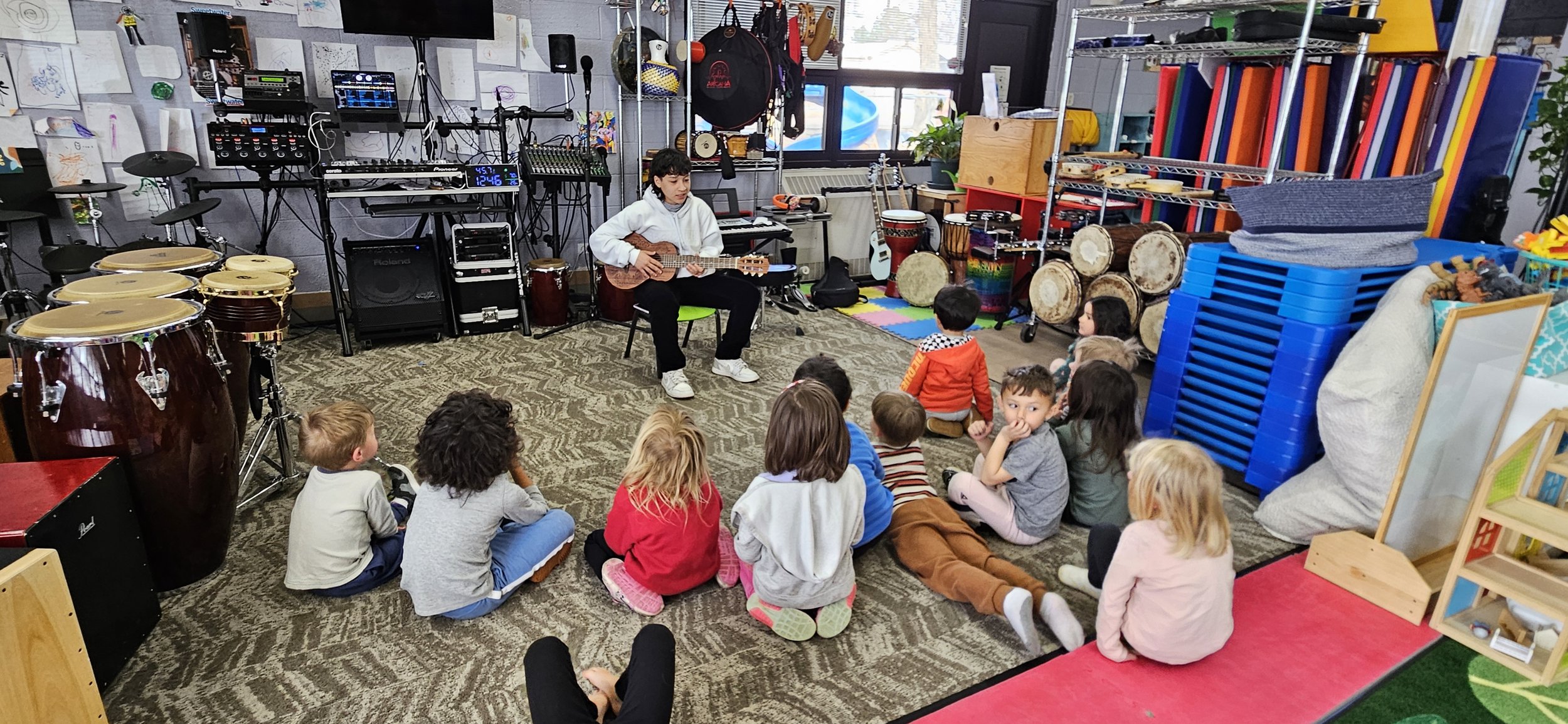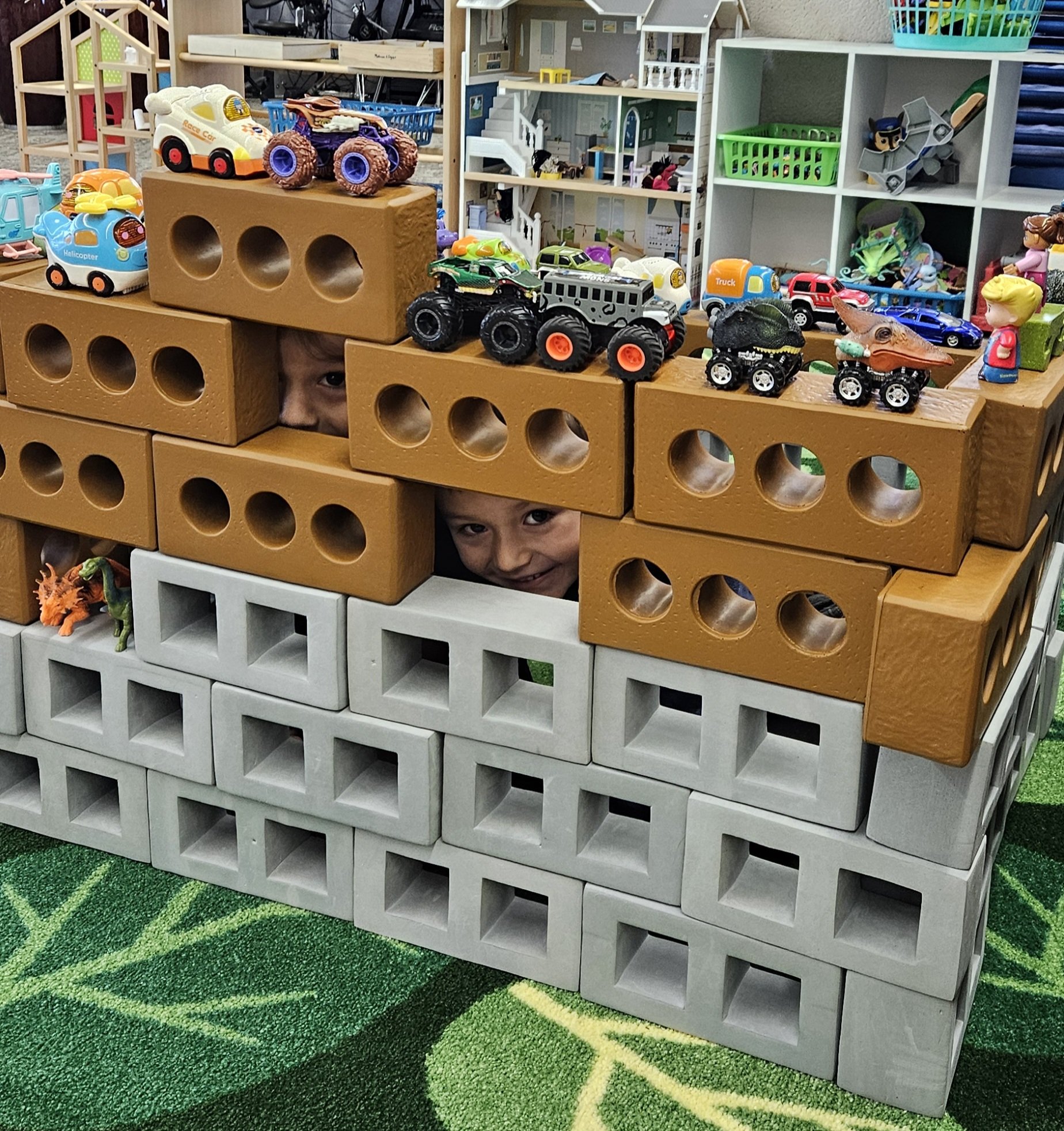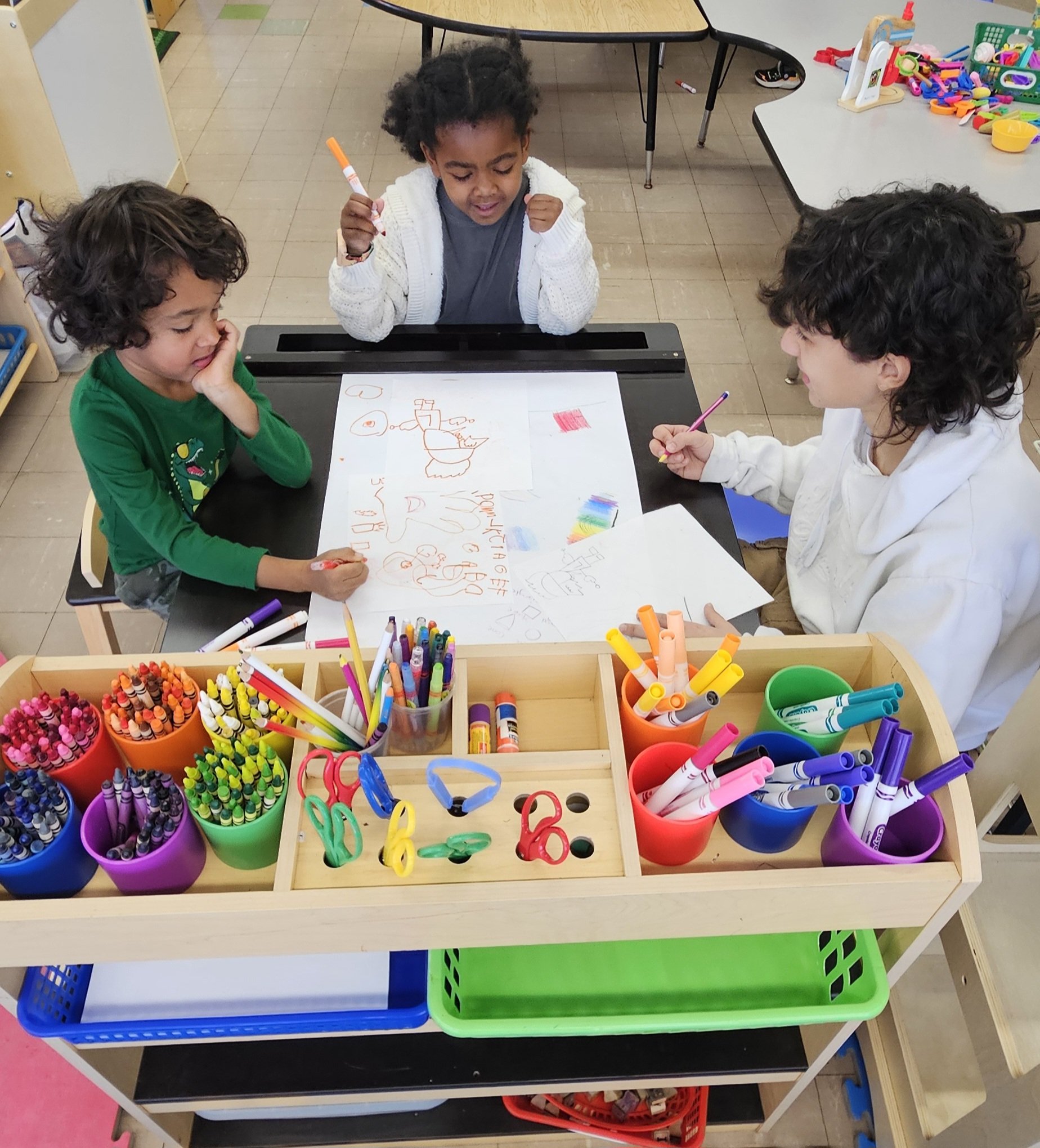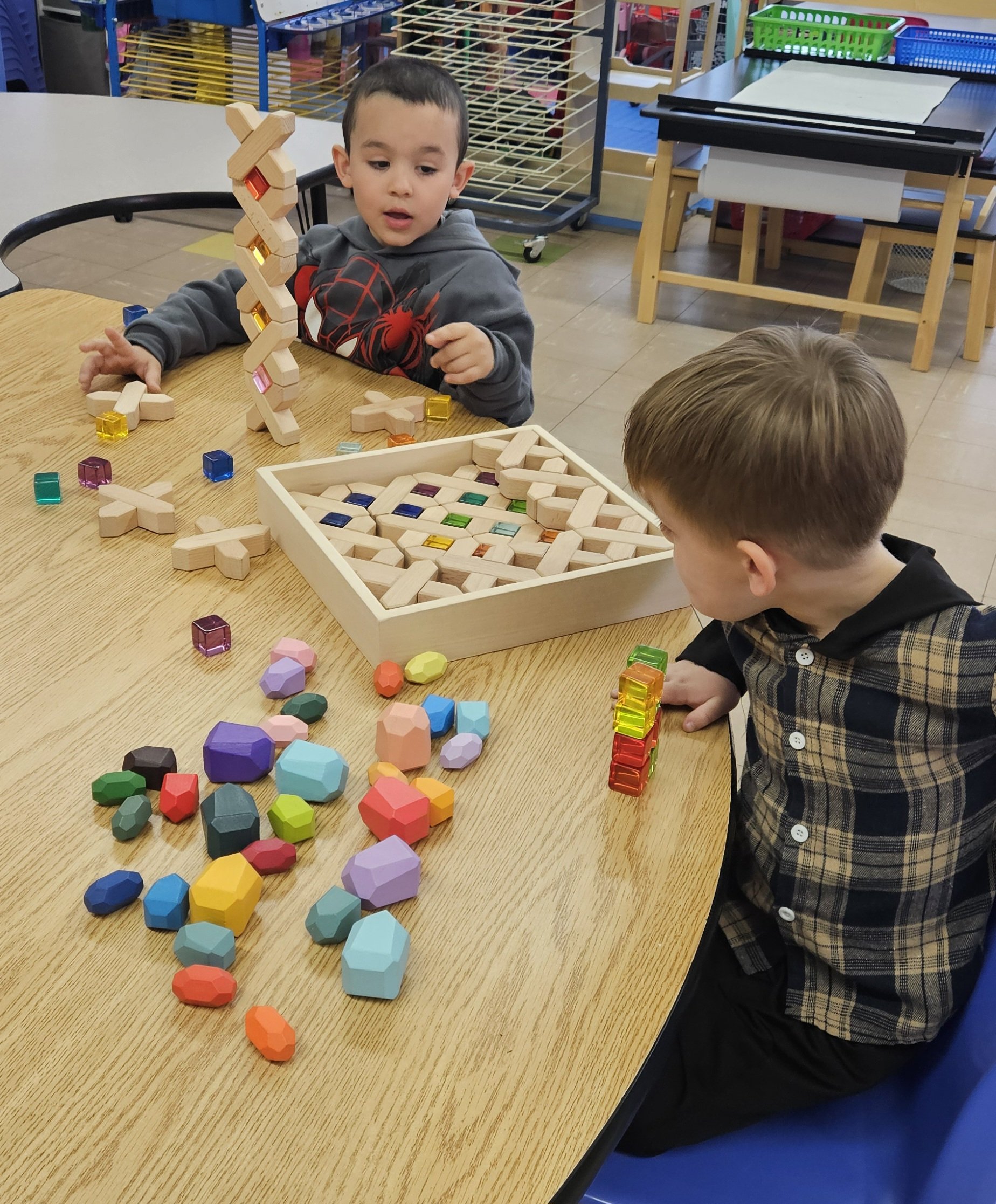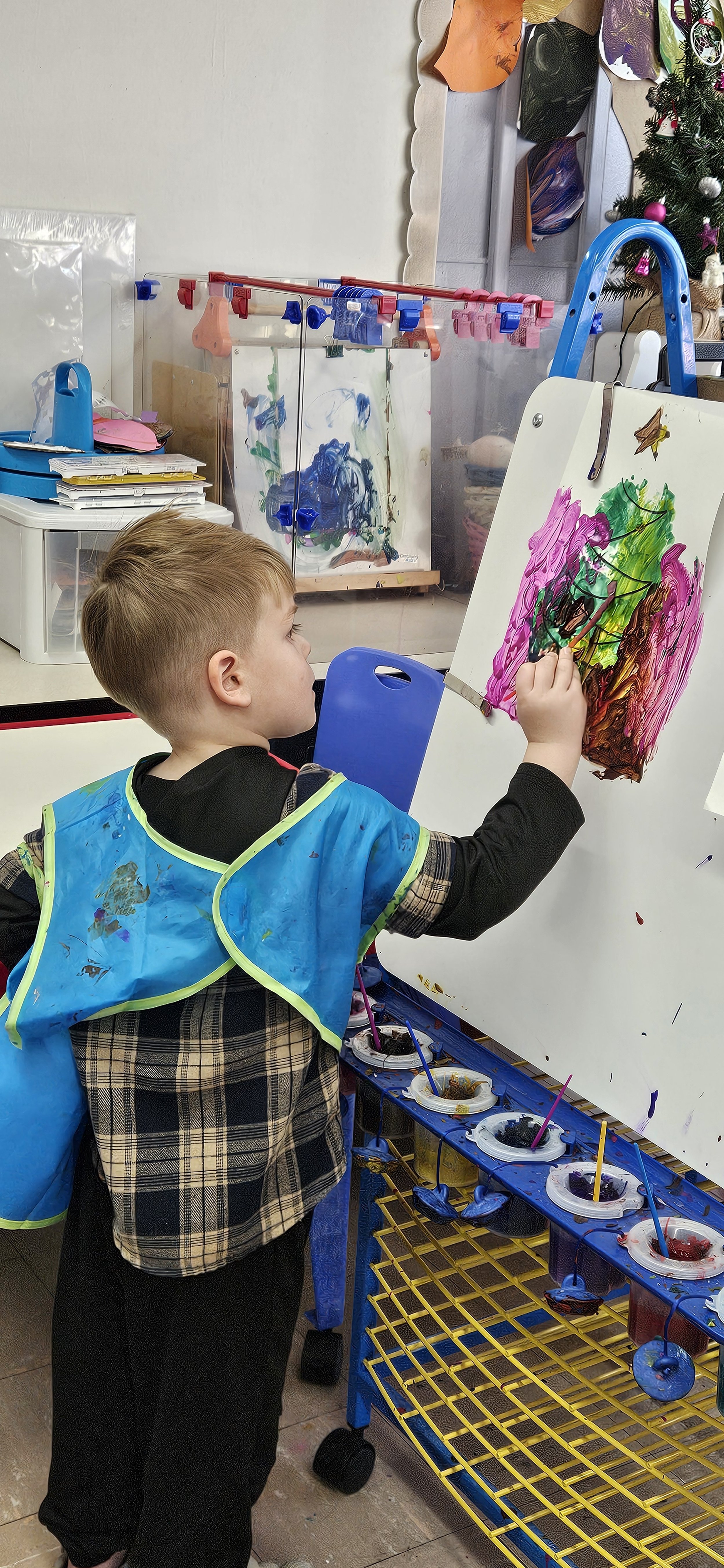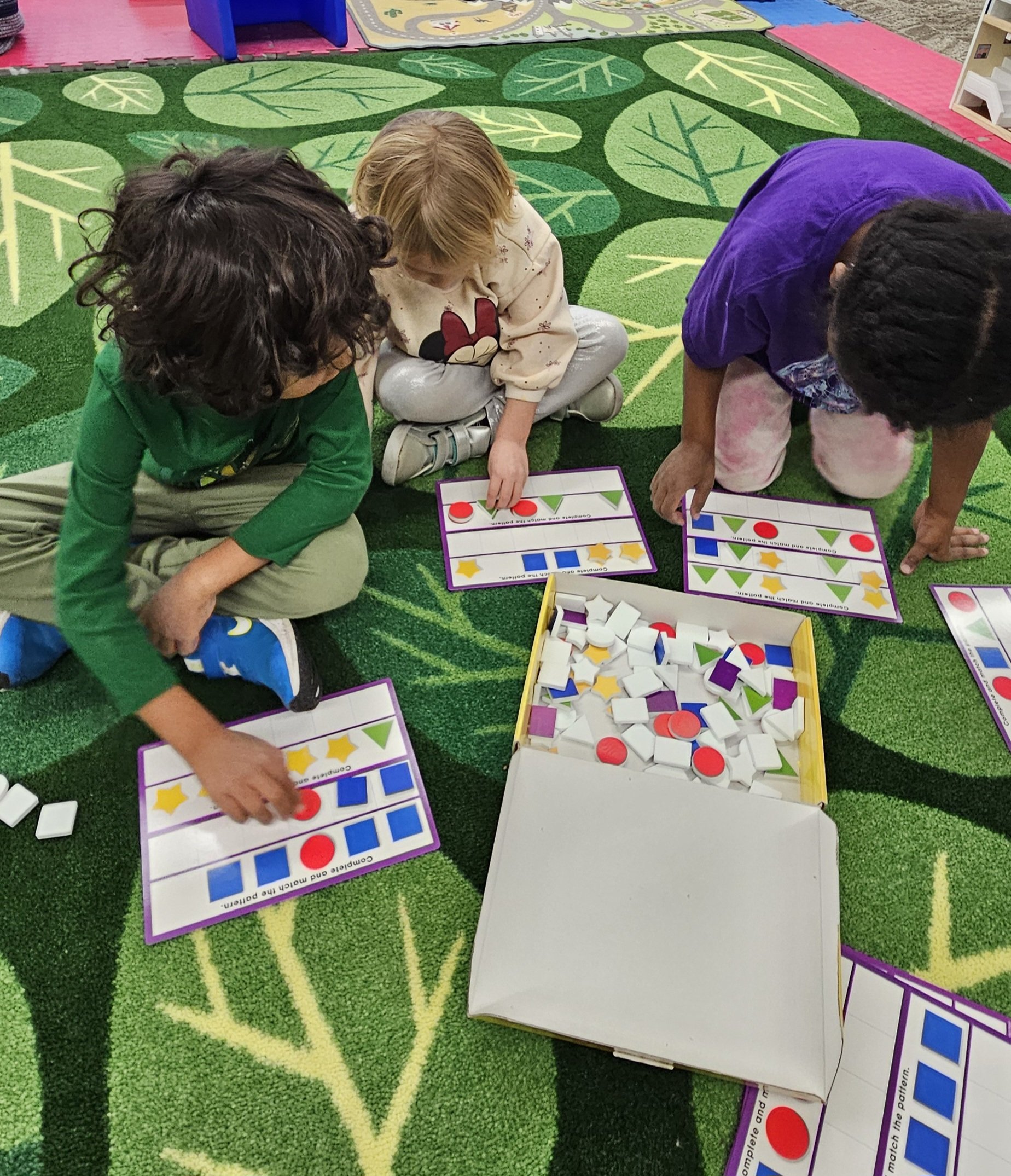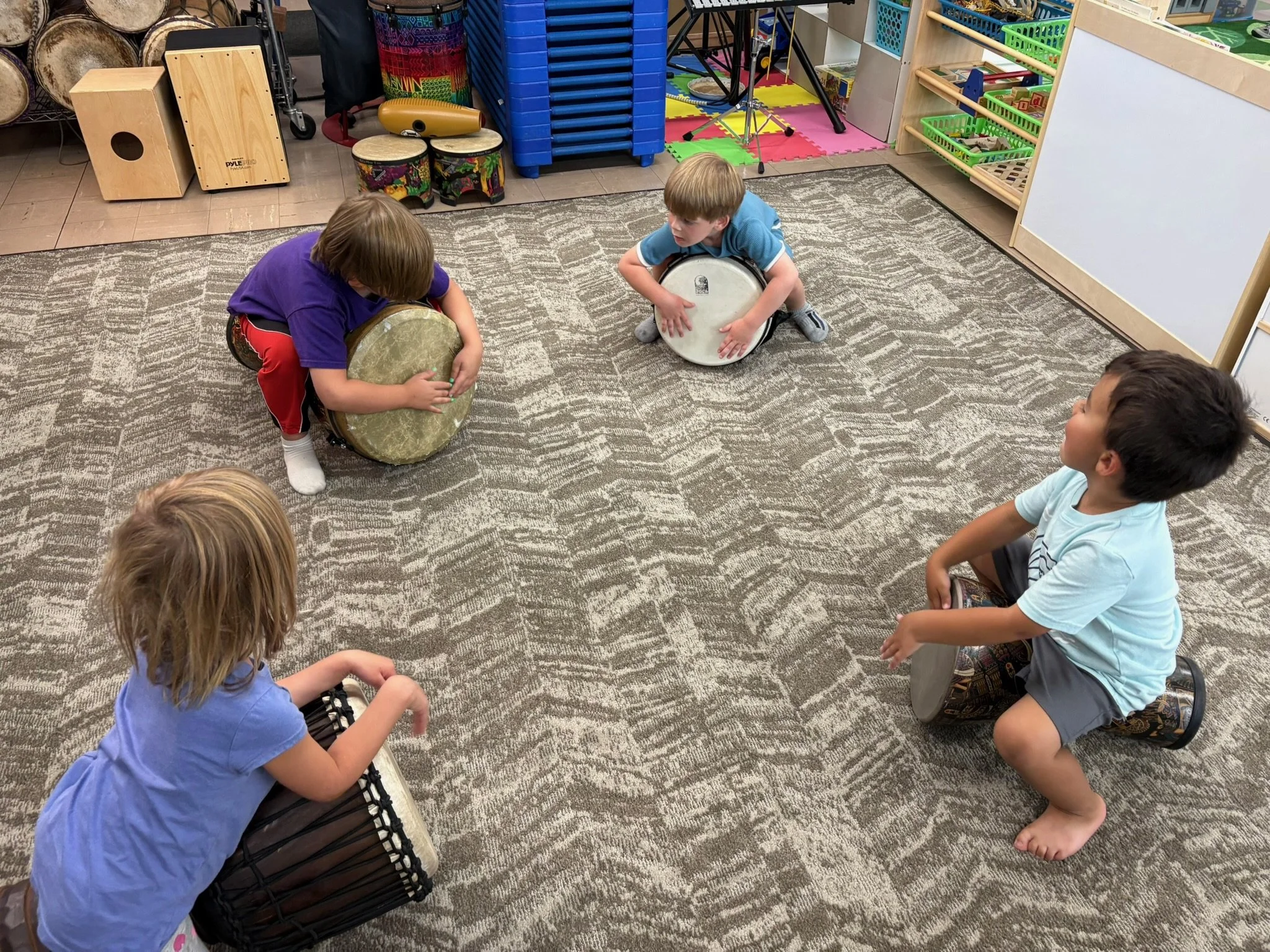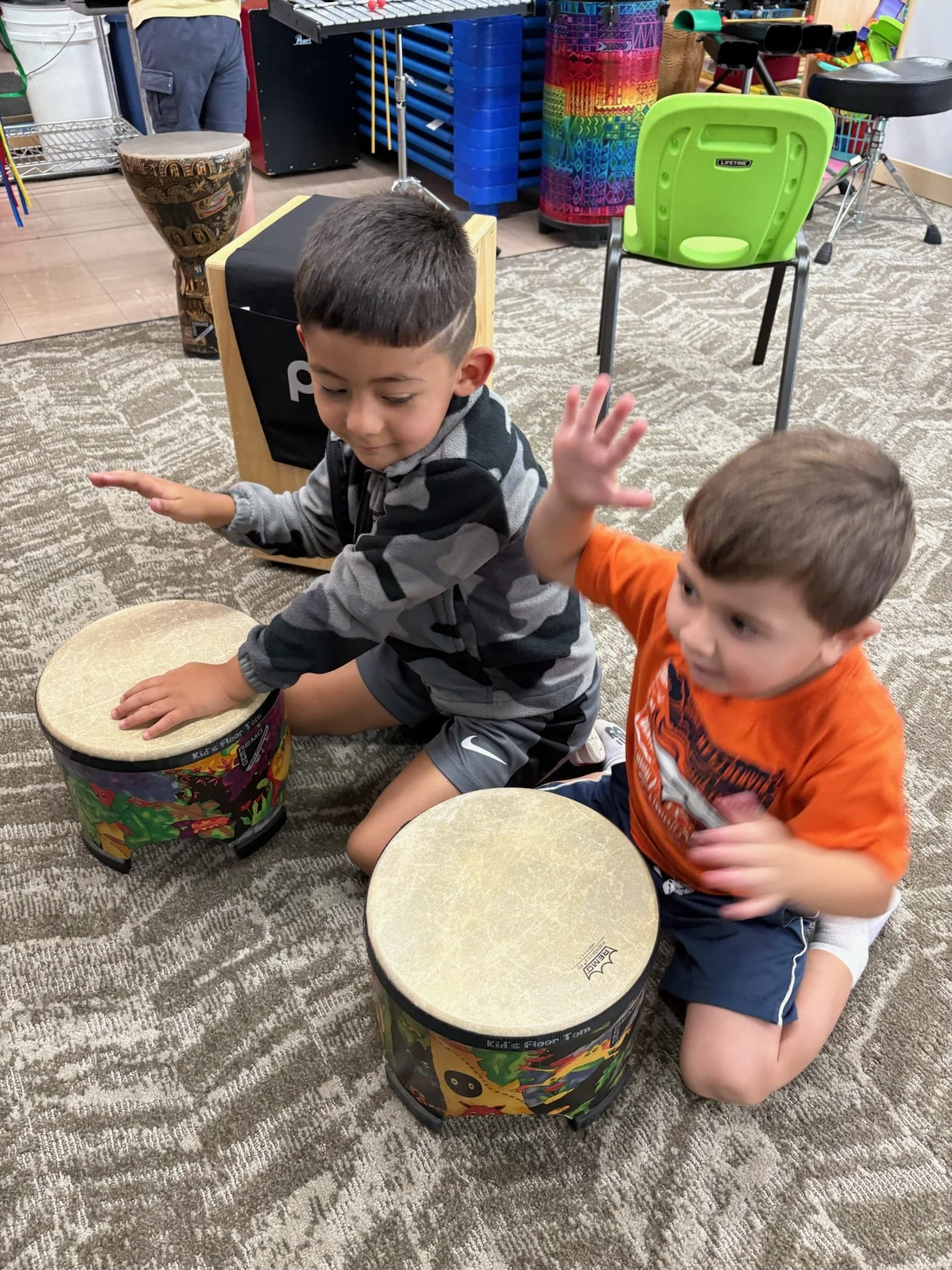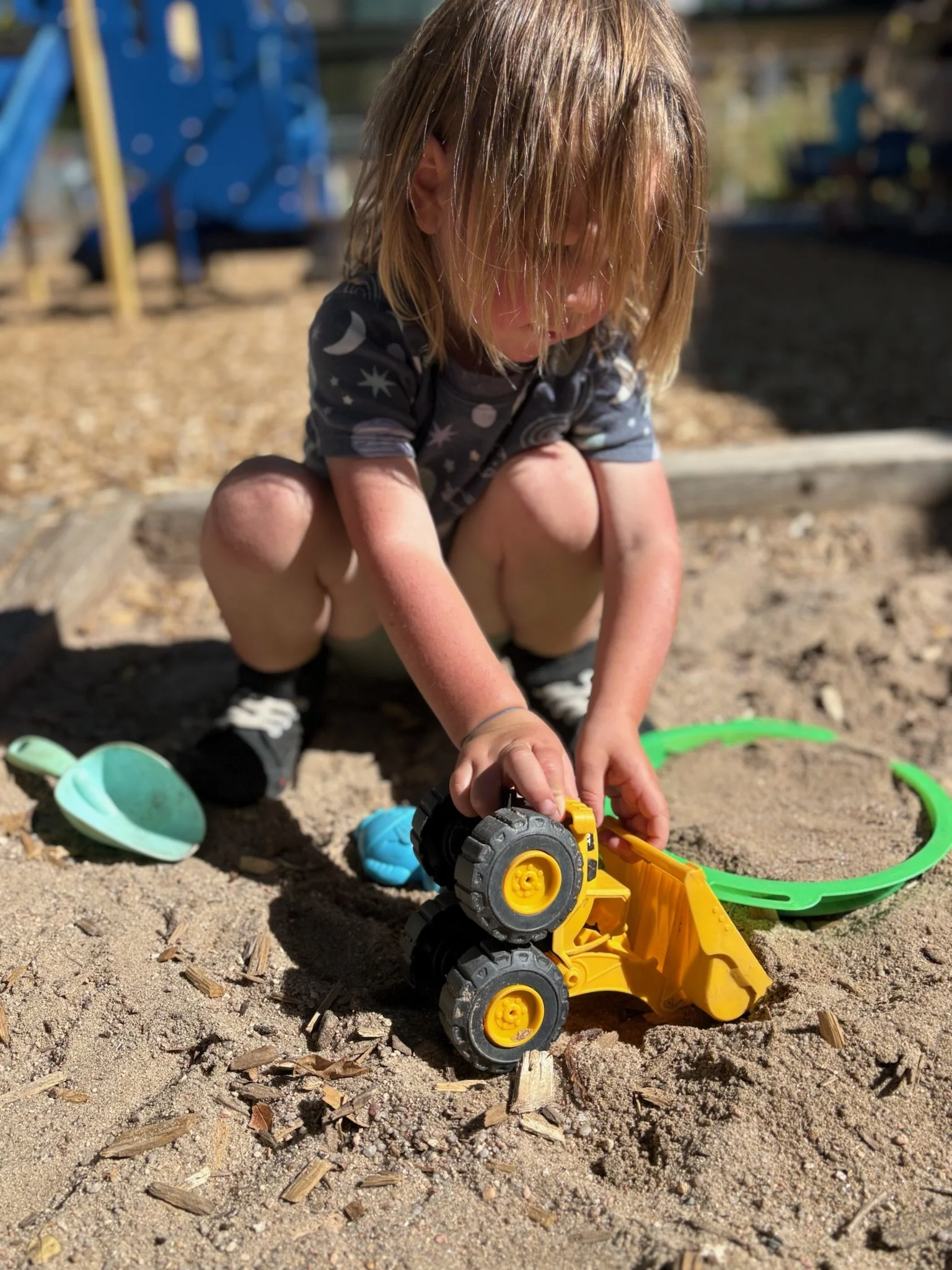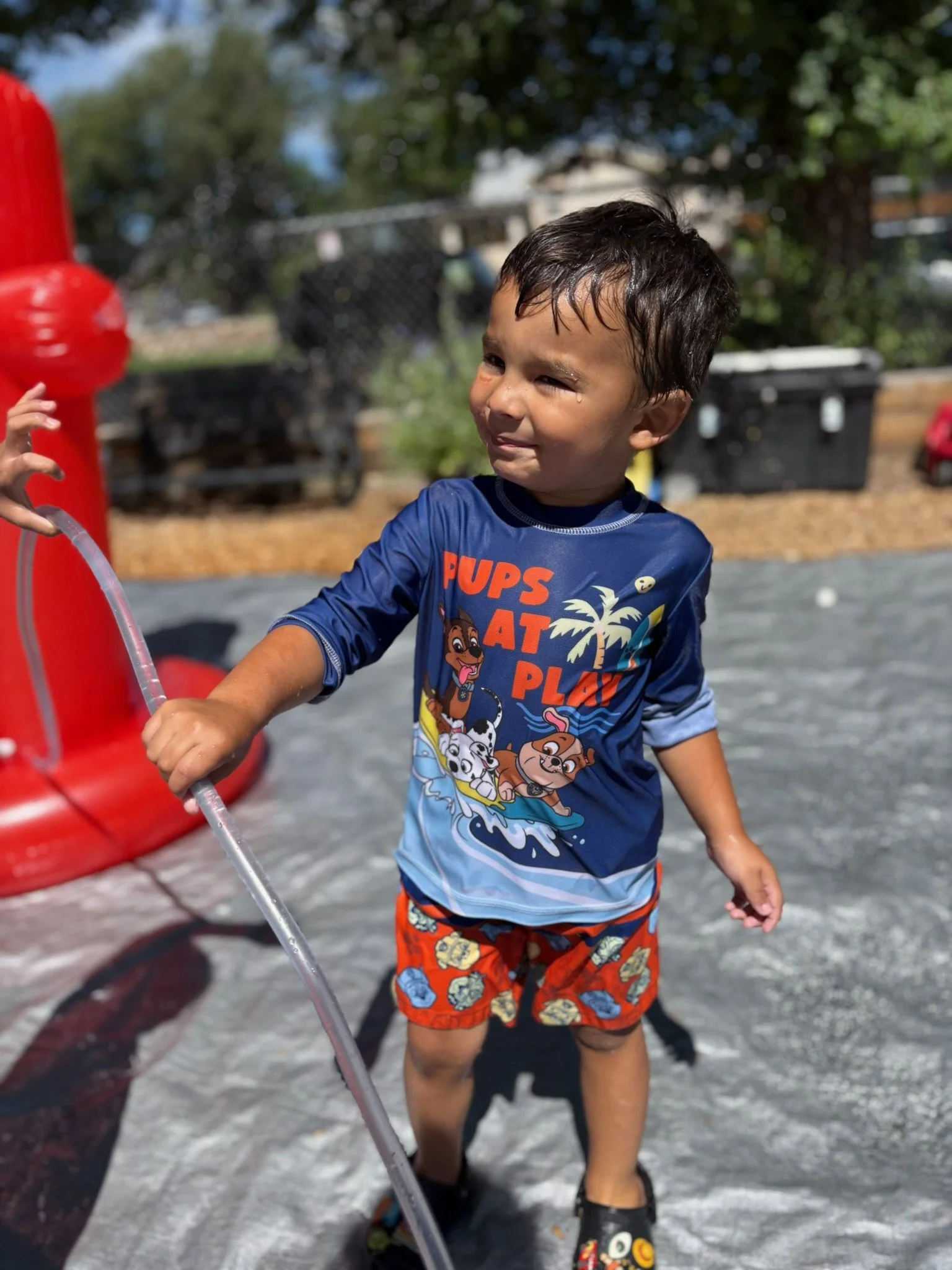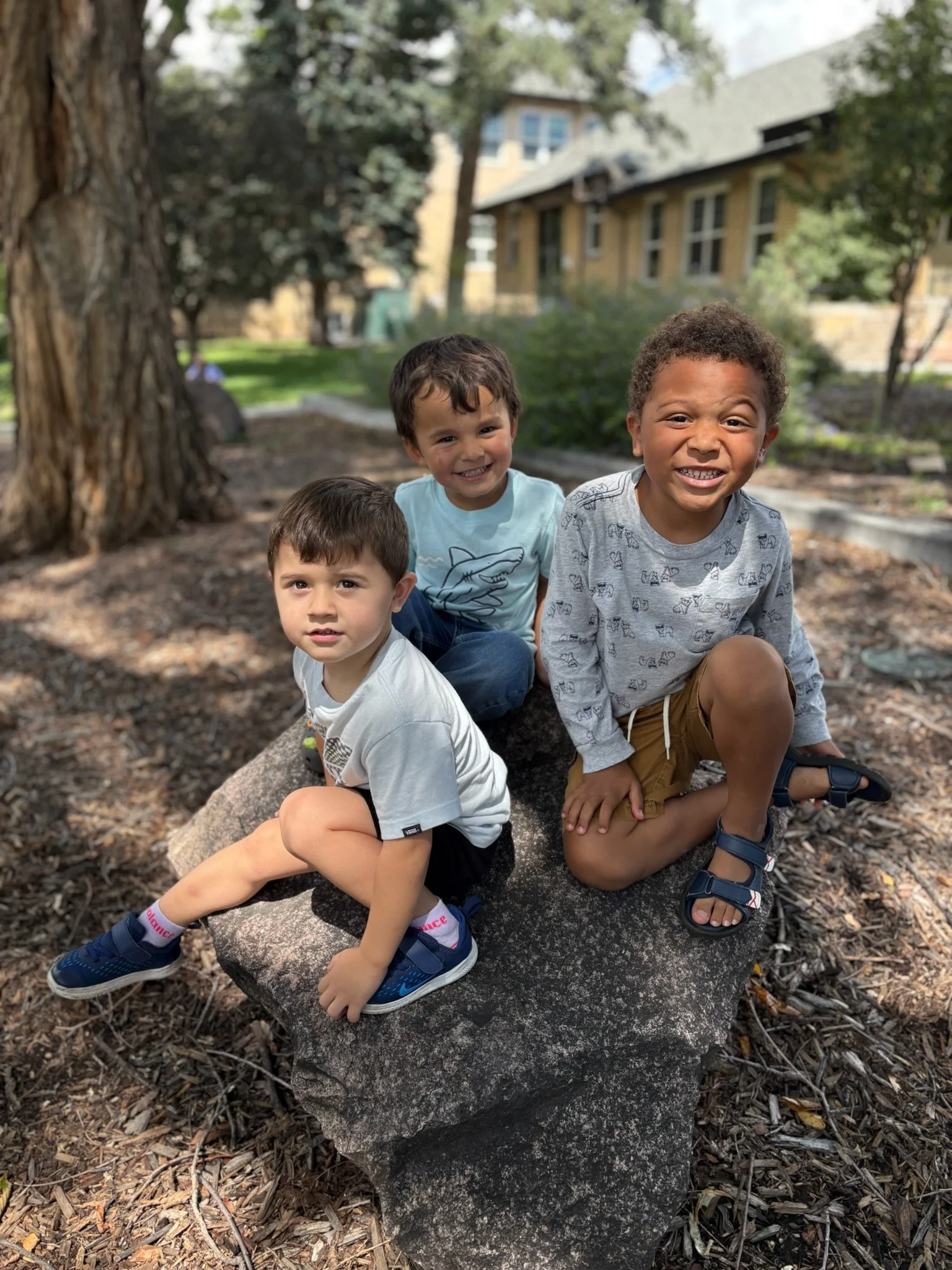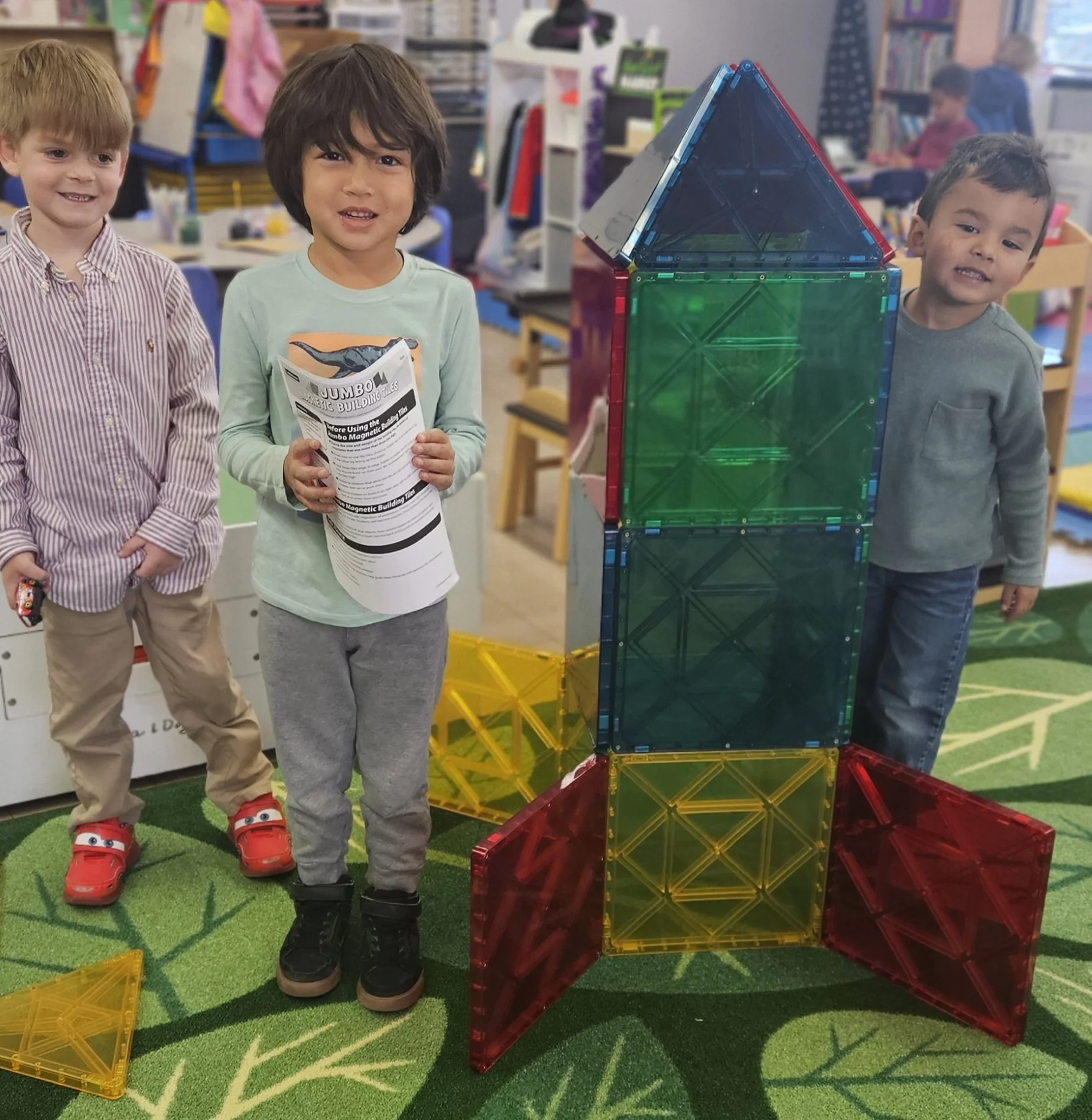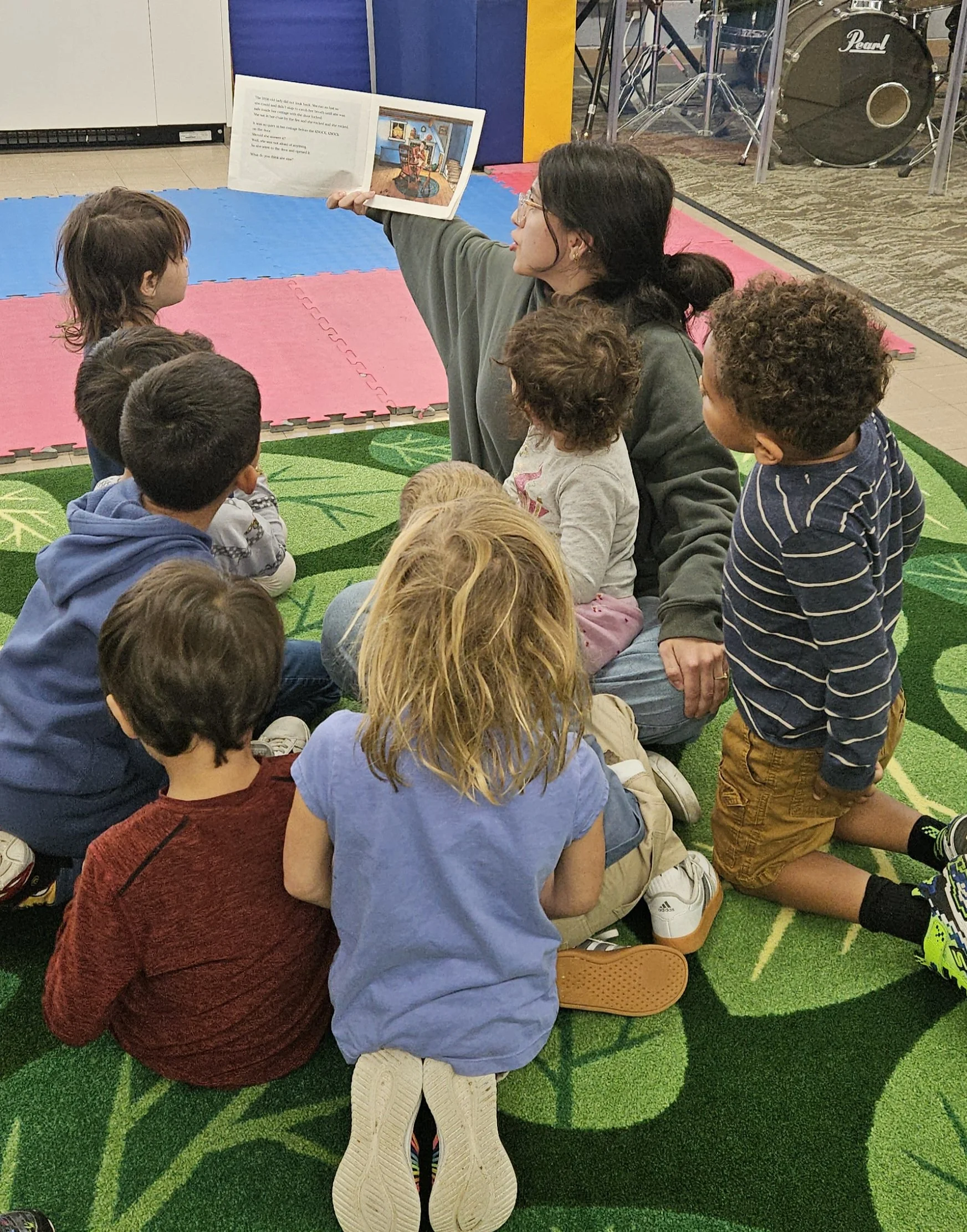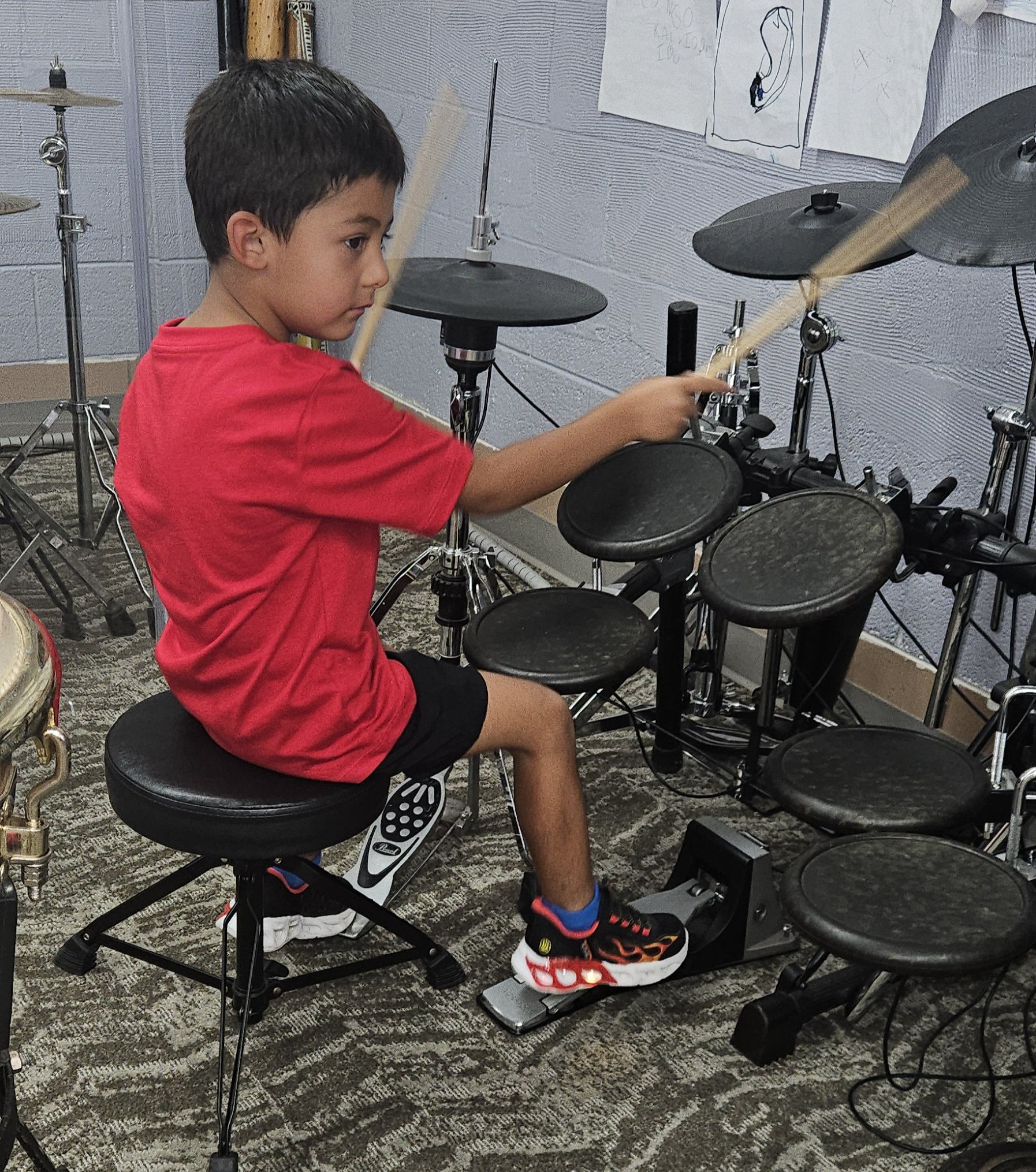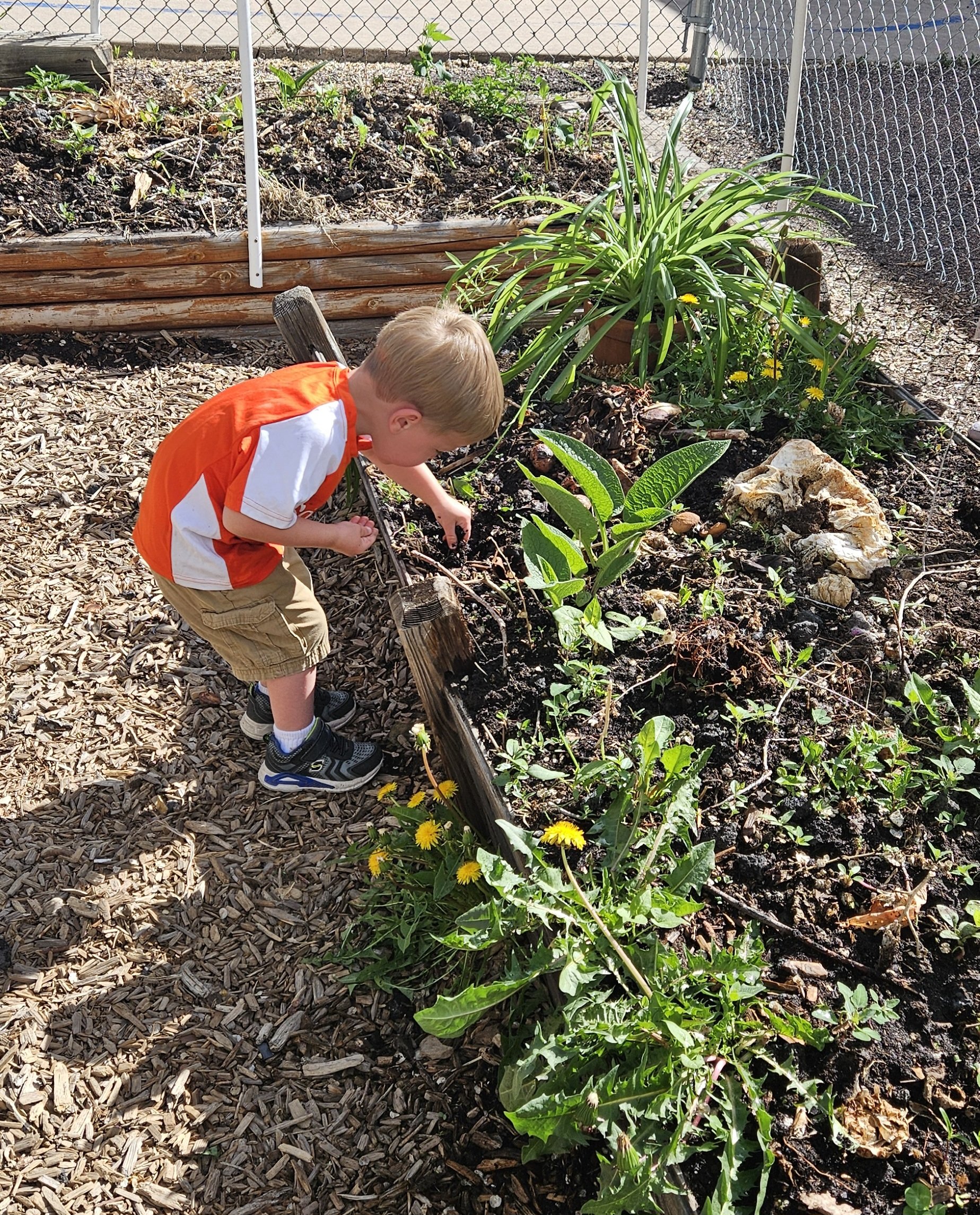Uniting Hearts Through Music, Arts, & Nature!
At United Hearts Community School, we joyfully mix the innovative teaching methods of Reggio Emilia, Montessori, and Waldorf in a single, vibrant preschool class, providing a truly enriching learning experience for our little learners. By artfully combining inspirational concepts and ideas from all three educational philosophies, we create a warm, nurturing environment that fosters curiosity, creativity, and growth.
Now Accepting UPK
United Hearts Community School Early Learning Programs
We provide enriching, full-day, year-round programs for children ages 3-5, including Preschool and Pre-K. Our nurturing environment fosters academic readiness, social-emotional growth, and creative exploration through engaging, age-appropriate activities. Join our supportive community where young learners explore, create, and thrive!
Our Unique Approach: Music, Arts, and Nature
At United Hearts Community School, we integrate music, arts, and nature into daily activities to inspire creativity, self-expression, and a deep connection to the world around us. From engaging music experiences and creative art projects to outdoor exploration, our programs encourage children to learn, grow, and discover in meaningful ways.

🌱 We’re Growing Into a New Home!
United Hearts Community School is searching for a new home where young minds can continue to flourish.
Learn how you can support our next chapter—by sharing a property lead, making a donation, or helping us spread the word.
United Hearts Apparel
Represent our school spirit with pride! Explore our collection of thoughtfully designed United Hearts apparel—perfect for students, parents, and supporters. Every purchase supports our mission of uniting hearts through music, arts, and nature. Order yours today and show your love for our community!
Make an impact today
Support Our Community, Inspire Young Hearts
Your generous support helps us provide enriching programs, maintain a vibrant learning environment, and ensure every child has the opportunity to thrive. Together, we can nurture the next generation—one heart, one child, and one creative experience at a time.







